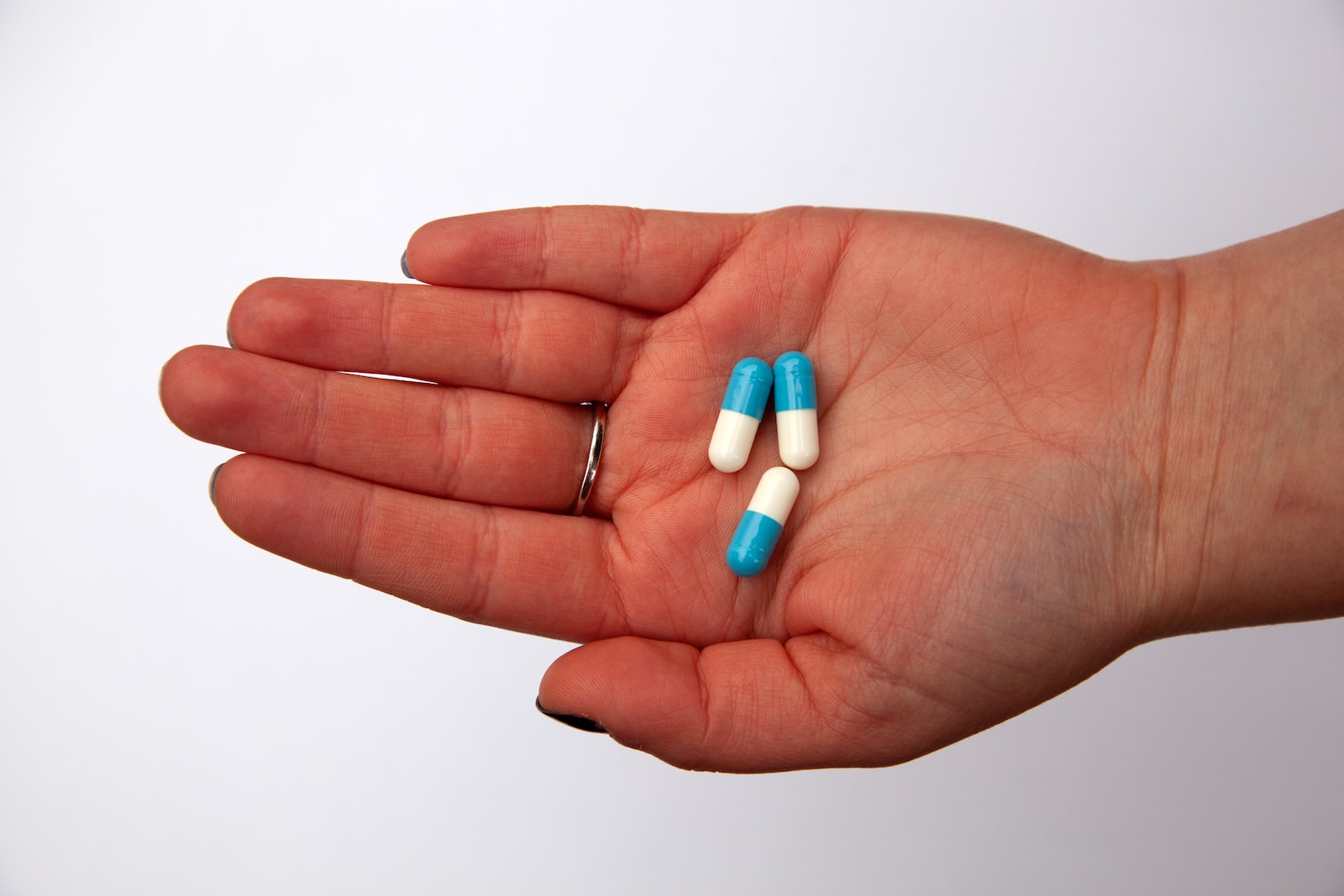New Guidelines To Avoid Antibiotics Prescription: In the modern world, unprecedented diseases follow up to unprecedented precautions. The world is riddled with so many diseases that even children are bound t take pills and antibiotics quiet frequently.
Doctors in India recently issued guidelines that warn against the use of antibiotics to treat low-grade fever or viral bronchitis. For these types of conditions, doctors are advised to prescribe antibiotics for a limited period of time.
These guidelines are excellent at predicting what type of infection a given patient has. They use a clinical diagnosis to tailor the correct antibiotic, rather than blindly relying on fever, procalcitonin levels, WBC counts or radiology to make that determination.
The ICMR Guidelines
The guidelines by the Indian Council of Medical Research state that in the case of skin and soft tissue infections, antibiotics should be prescribed for a duration of five days. In the case of community acquired pneumonia, eight days and in case of hospital acquired pneumonia, ten days of antibiotics are prescribed.
Generally, empiric antibiotic therapy is only recommended for a small group of patients suffering from severe sepsis and septic shock, community-acquired pneumonia, ventilator-associated pneumonia and necrotizing fasciitis.
It is important for therapists to start smart, i.e., evaluating empiric therapy can be justified or de-escalated and then creating a plan for the time frame covered in therapy.
A recent survey suggests that a significant amount of patients in India may no longer benefit from the use of carbapenem, a powerful antibiotic administered mainly in ICU settings for the treatment of pneumonia and septicemia, after it could be predicted that resistance to this antibiotic may have developed.
Increased drug-resistant pathogens could lead to a decrease in the effectiveness of treatment for certain infections.
Researchers have discovered that in P. aeruginosa, there tends to be a consistent increase in the susceptibility of all major antipseudomonal drugs over time, illustrating that not all bacteria respond the same way to treatment.
As antifungal treatments become less and less effective, the fungi continue to develop resistance. This should be monitored closely in the next few years if these fungal pathogens are not treated properly.
- India’s Cricket Fervor Hits Fever Pitch as World Cup Final Nears
- India Takes on Australia in the 2023 ICC Men’s Cricket World Cup Final
- Pharma Jobs: AIIMS Raipur Announces Direct Recruitment for 31 Pharmacist and Dispensing Attendant Positions; Applications Open till July 31, 2023
- Got Utkarsh Small Finance Bank IPO? Find Out NOW! Simple Steps to Check Your Allotment Status!
- Voltas and Zee Entertainment Lead as Volume Toppers in Stock Market; See High Trading Activity
- Stock Market Live- Significant Gains in Stock Market Led by Sahara Housing and Tips Industries; Shares Surge by 20%








